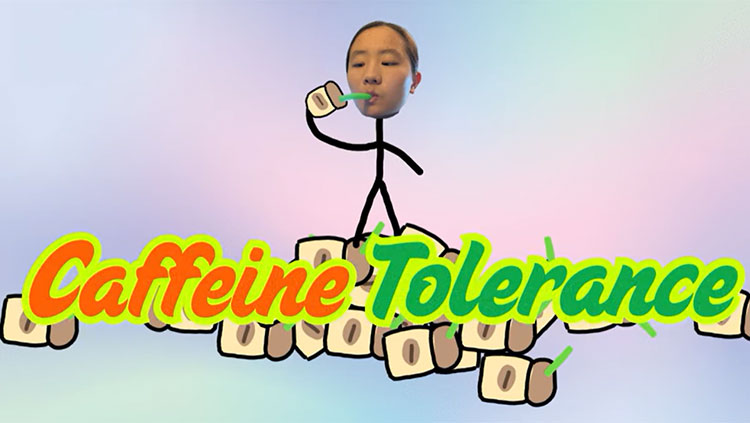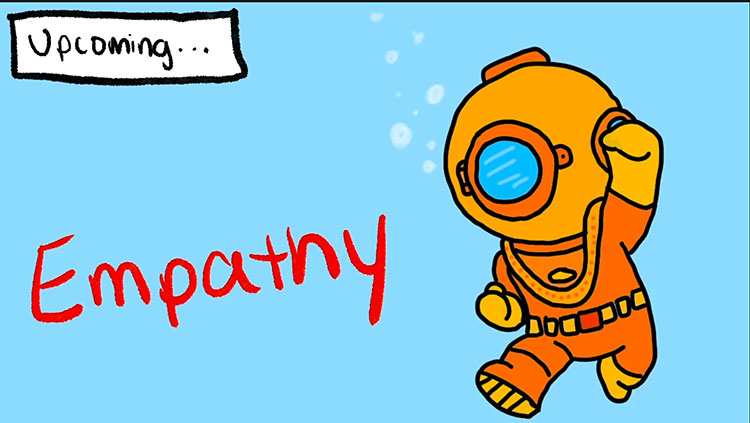Habits 101: The Neuroscience Behind Routine
- Published19 Dec 2023
- Source BrainFacts/SfN
Habits are automatic behaviors that shape the outline of our lives. The path for a repeated behavior like brushing your teeth to become a habit begins in the brain. Research shows habits form when conscious choices are slowly integrated and reinforced across brain circuits over time. By repeating these actions over and over and over again, they become automatic — until one day, you don’t have to remember to brush your teeth when you get up. You just do it. It’s a habit.
This is a video from the 2023 Brain Awareness Video Contest.
Created by Manveer Chauhan.
CONTENT PROVIDED BY
BrainFacts/SfN
Transcript
Every day, most of us will follow a similar pattern. We wake up, stall to get up, roll out of bed and into the shower, and start our day. It is our routine, but what is it that so strongly keeps us all in this specific pattern of actions day in and day out?
Routines are a sequence of unconscious or automatic habits that we have developed over time. These habits may be good, bad, or neutral, but for the most part, they give our days and weeks a sort of structure, helping us stay organized and manage our time.
An important aspect of habits is that they are repetitive and do not depend on a particular goal. For example, we get out of bed every day, but there is no specific goal that we aim to achieve by doing this; rather, it is just a habit that we have to do. This is not to say that all habits have no goal, as some, like exercise, clearly do.
Habits rely heavily on the activity of connections within the brain. These connections form complex pathways known as neural circuits, which link several brain regions to create behaviors, actions, thoughts, and emotions. In the context of habits, we are interested in the neural circuits deep within the center of the brain in the basal ganglia.
Within the basal ganglia is an area known as the striatum, which reinforces learning and underlies automatic behaviors. The striatum is activated by higher brain areas or cortical areas, which are responsible for thinking, consciousness, and decision making. This neural circuit is known as the corticostriatal pathway.
Let's look at this more closely. The corticostriatal pathway lets us learn and perform habitual behaviors. When we first learn a new behavior, the prefrontal cortex guides active decision making and conscious effort towards the behavior. During this stage, the dorsolateral prefrontal cortex and the ventromedial prefrontal cortex are involved in forming a list of pros and cons related to the potential outcomes of our behavior.
As we repeatedly perform the behavior, our corticostriatal pathway undergoes habit formation. This process includes a shift in our brain, with the control over the behavior going from the prefrontal cortex to the dorsal striatum. The striatum receives direct information from the prefrontal cortex, and as the behavior is repeated, the connections between the two regions become stronger and stronger.
The connections between the cortex and striatum rely heavily on the neurotransmitter dopamine, which plays a huge role in reward processing and habit formation. When we engage in a rewarding behavior, which in this case is a habit with a positive outcome, dopamine is released, reinforcing the connection between the prefrontal cortex and the striatum.
This strengthens the neural circuit associated with the behavior, making it more automatic and less conscious over time. The behavior is now primarily controlled by the striatum itself, meaning there is no longer a huge need for constant input from the cortex. This allows us to perform familiar actions like brushing our teeth with reduced effort from the brain and frees up mental resources for other tasks.
This pathway is what helps us stay consistent with exercise, or keep a regular sleeping schedule, or even studying. Habits drive much of the actions and behaviors within our days and weeks, shaping how we live our lives. Habits make us who we are, after all. In the wiser, more eloquent words of Aristotle, “We are what we repeatedly do.”
Also In Diet & Lifestyle
Trending
Popular articles on BrainFacts.org

















